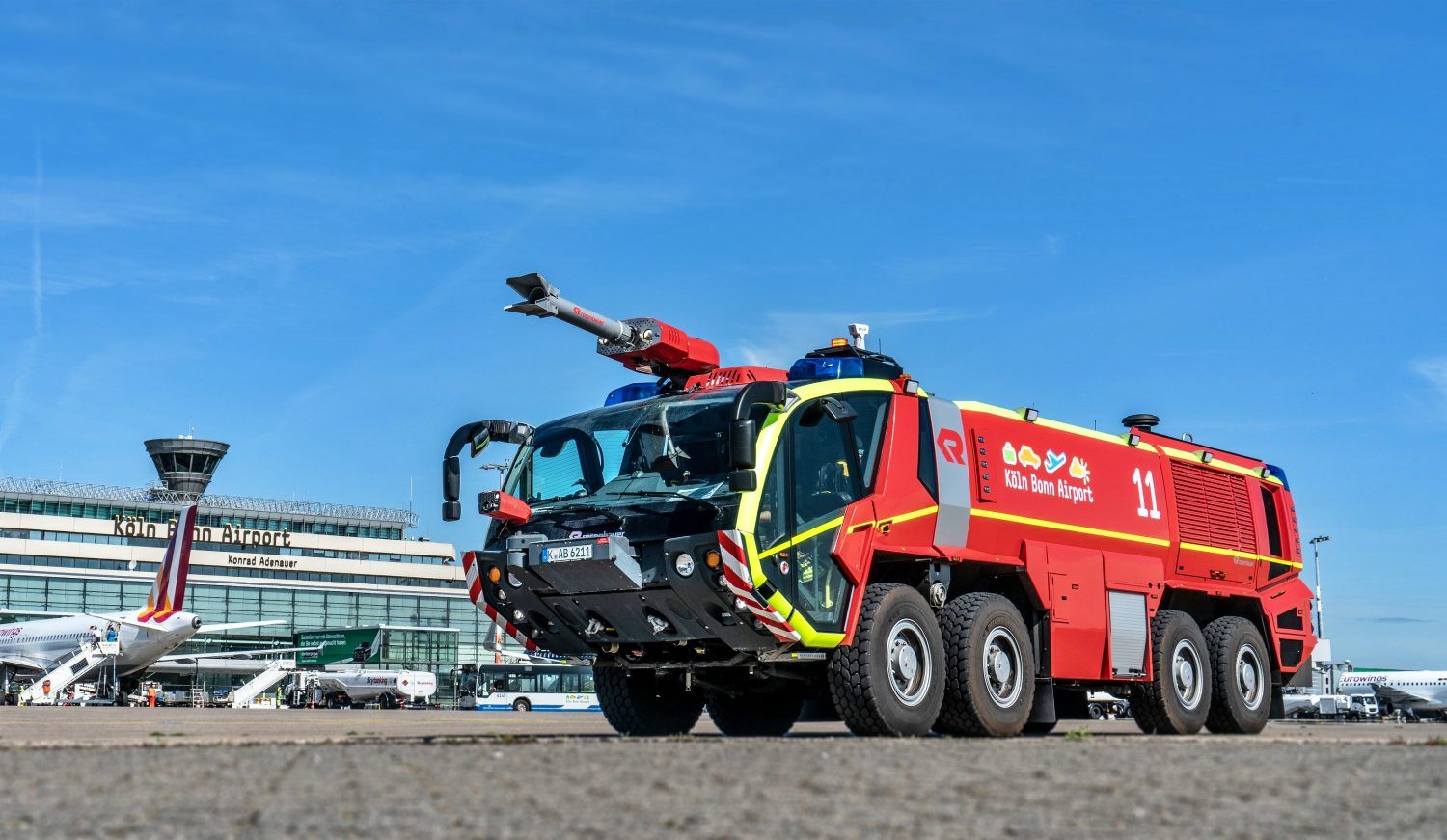Cologne Bonn Airport, situated in Germany, has transitioned its diesel-operated ground fleet to run on Neste MY Renewable Diesel. Neste’s renewable diesel, also recognized as HVO100, derives from 100% renewable raw materials. A notable application of this renewable diesel is to power hefty vehicles, such as the airport’s fire trucks, which present challenges for electrification.
The switch to renewable diesel is expected to help the airport mitigate nearly 3,000 tons of CO2e (carbon dioxide equivalent) greenhouse gas emissions annually when compared to fossil diesel usage. The life cycle of Neste MY Renewable Diesel, when contrasted with fossil diesel, reflects a reduction in greenhouse gas emissions by up to 90%. However, this percentage can vary depending on factors such as regional legislative methodologies and the specific raw materials used in the production process.
Thilo Schmid, the CEO of Cologne Bonn Airport GmbH, emphasized that because certain vehicles still necessitate diesel engines, like those in their fire department, renewable diesel presents an immediate solution for decarbonization.
Additionally, back in 2021, Cologne Bonn Airport became one of Germany’s pioneering airports to supply Neste MY Sustainable Aviation Fuel™ to airlines. This move facilitated a reduction in carbon emissions for planes departing from the airport. Presently, it stands as the sole airport in Germany to furnish airlines with sustainable aviation fuel from Neste while concurrently utilizing Neste MY Renewable Diesel for its ground fleet.
Transitioning to Neste’s renewable diesel did not necessitate any alterations to the existing diesel vehicles at the airport. Neste MY Renewable Diesel’s chemical composition aligns closely with that of fossil diesel. As a result, it serves as a direct replacement and is fully compatible with all current diesel engines and infrastructure.


Comentarios
Para comentar, debés estar registrado
Por favor, iniciá sesión